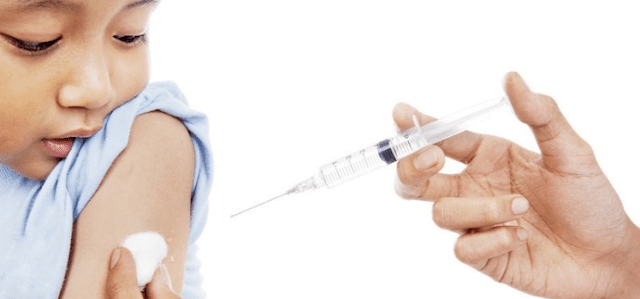Breastfeeding FAQs: Spitting Up, Gagging, and Biting
Feeding babies breast milk requires patience and practice, which is only possible with guidance and support from a lactation consultant and paediatrician. First-time breastfeeders should be aware of the potential concerns that arise during breastfeeding so that they can act accordingly without panicking. Here in this guide, the best child specialist doctor in Delhi, answers some frequently asked questions on spitting, gagging, and biting during breastfeeding.
Is it normal for babies to spit up breast milk while and after their feed?
Spitting up breast milk is normal in cases when the baby is having an immature digestive system, is overfed, or experiencing milk ejection reflex, is drinking milk very fast, or is burping or drooling while taking feed and not facing discomfort. Sensitivities to milk ingredients or swallowing of air during breastfeeding can also lead to spitting. However, if spitting up is too frequent, causing discomfort, and affecting the baby’s growth and development, including weight, it’s a cause for concern.
Is spitting up and vomiting the same?
No. Vomiting is a strong/forceful, and uncomfortable expulsion of stomach fluids when food is not being digested. It’s a sign of an underlying illness. Whereas spitting up is a gentle leaking of stomach fluids during and after breastfeeding, often accompanied by a burp. Generally, babies aged below 3-6 months spit up more. When they grow to 1 year old, they outgrow spitting due to their diet and routine changes.
3. How to help babies with spitting up?
Here are some recommended tips to avoid and help with babies' spitting:
Feed the baby with their head above their feet and hold the baby upright after feeding.
Do not let the baby be engaged in active play for a minimum of half an hour after breastfeeding.
Ensure a proper latch to reduce the swallowing of air during breastfeeding. If there is extra swallowed air, take it out by making the baby burp.
Feed the baby small portions of breast milk frequently rather than letting the baby drink a lot of milk at a time.
Don’t let the baby become a passive smoker.
Put the baby to sleep in a supine position.
Ensure your own diet is healthy and has no foods that could irritate the baby's stomach.
Consult with a General Pediatrician Doctor in Delhi if spitting up becomes a concern, like when the baby is in discomfort, not gaining healthy weight, passes bloody stool, has green or bloody spit up, has difficulty breathing after feeding, or is vomiting.
4. What causes gagging in breastfed babies?
Breastfed babies normally have a sensitive gag reflex that protects them against choking and helps them learn how to coordinate sucking, breathing, and swallowing while taking breastfeed. However, babies while breastfeeding can experience frequent gagging that causes discomfort and other symptoms like choking, troubled breathing, and poor weight gain. That’s probably because of strong milk flow and supply, poor latch, a very sensitive gag reflex, immature oral motor skills, and poor positioning while feeding.
5. How to know whether the baby is gagging or choking during breastfeeding?
A gagging baby will cough loudly or make retching sounds, make startled facial expressions, and have no obstruction in the airway. However, a baby who is choking will make labored sounds, make wide-eyed/panicking/distressed facial expressions, and have difficulty breathing, possibly blue lips/face due to a blocked airway.
6. What to do to keep the baby from gagging?
Gagging often naturally subsides. So, stay calm and allow the baby to pass through it. Avoid patting babies' backs. Make sure the baby is breastfed in a more upright position. While nursing a baby, lie sideways and nurse every 2-3 hours so that breasts are not engorged with milk.
7. Why do babies bite while breastfeeding?
Babies might clamp down or bite on their mother’s nipples in response to a change in position or to lessen/stop the flow of breast milk in their mouth. Some babies bite due to their teething discomfort and when they are hungry and being fed less milk.
8. How to make babies less likely to bite during breastfeeding?
Before nursing a baby, give the teething baby something to bite on that is not swallowable or choking. Also, hug, cuddle, or kiss the baby whenever nursing the baby, position the baby well while feeding, and keep a finger ready to quickly break the suction if the baby bites.
Dr. Promilla Butani, General Pediatrician in South Delhi, is available for your consultation if you have any more questions outside this given list. She has decades of experience in caring for infants and children. So schedule an appointment today to ensure your baby gets the right care at the right time.



Comments
Post a Comment